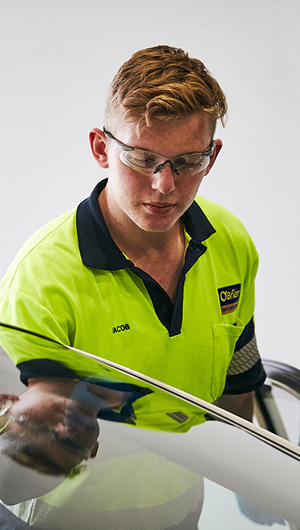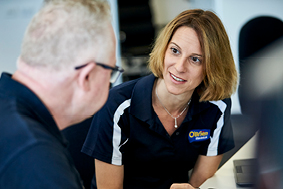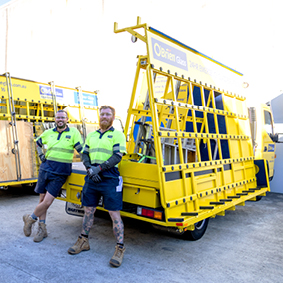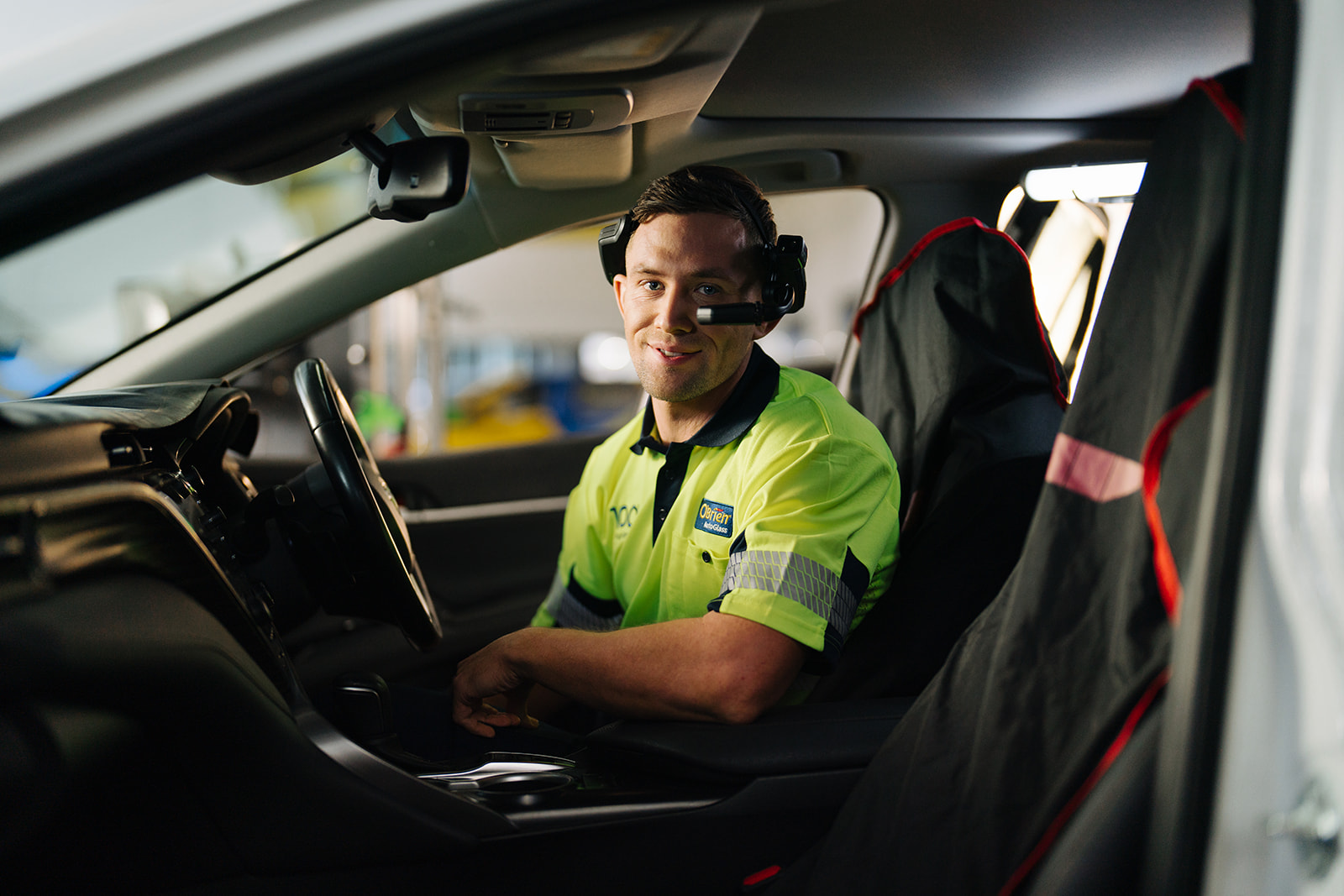WELCOME TO O’BRIEN®
Expert help when
you need it most
O’BRIEN® - ONE HUNDRED YEARS OF EXPERIENCE IN AUSTRALIA AND COUNTING
SERVICES
How can we help you?
At O’Brien®, we stand by our commitments
Where our expertise meets your needs
At O’Brien, solving your problems is what we do.
Nothing is more satisfying to us than delivering the high-quality service you need with genuine care and expert support.
From vehicle glass, home and commercial glass to electrical and plumbing services, our O’Brien team is here for you.

Our giving back to the community
At O’Brien, we support local, national and global communities and our staff, partners and customers through our Giving Back Program.
We are proud of our ongoing contributions to charities and fundraising events, including Camp Quality, Foodbank, Vinnies, The Push Up Challenge, Afrika Tikkun and the Spirit of Belron Challenge.

A people-first approach
At O’Brien, our people are the heart of our business. They are what drive the passion and energy of the O’Brien culture.
So, providing our teams with the development opportunities and programs to create a happy, healthy, supportive and inclusive work culture is paramount.
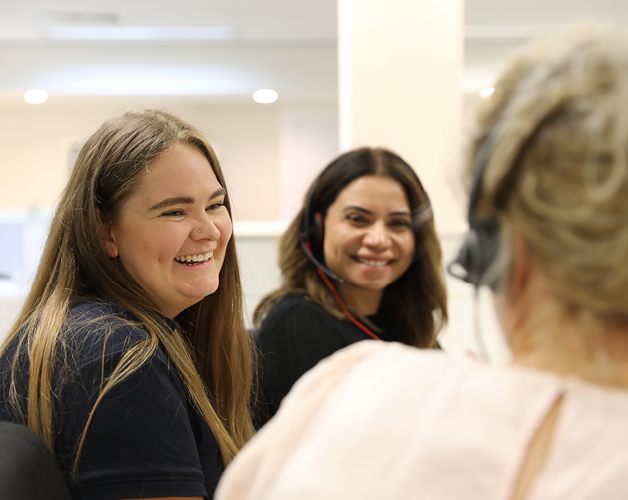
We are conscious of our impact
At O’Brien, we proudly promote our Repair First policy when it comes to windscreens, because repairing a chip vs replacing the windscreen is better for the environment.
We are committed to our ongoing programs to manage our waste and maximise recycling across our business to help reduce landfill.

Other useful links
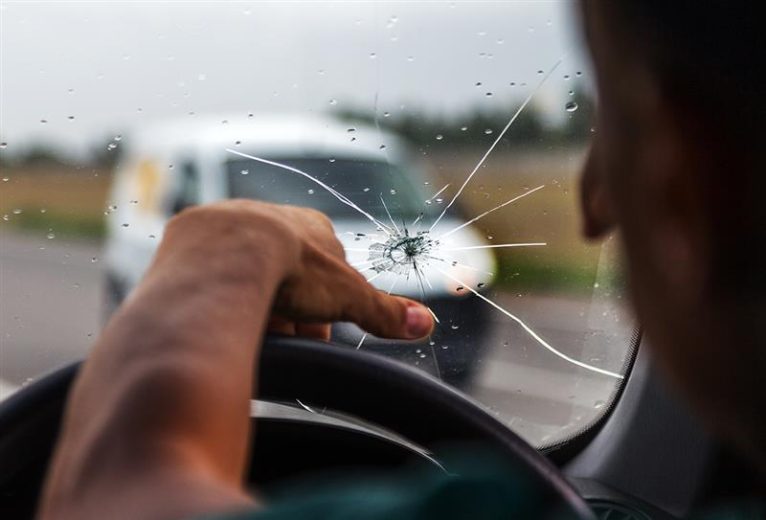 Vehicle Glass
Vehicle Glass
Can I drive with a cracked windscreen?
Windscreen chips are an unfortunate part of driving on Australia’s roads, and all too often they can lead to a windscreen crack. Due to the persist...
View Article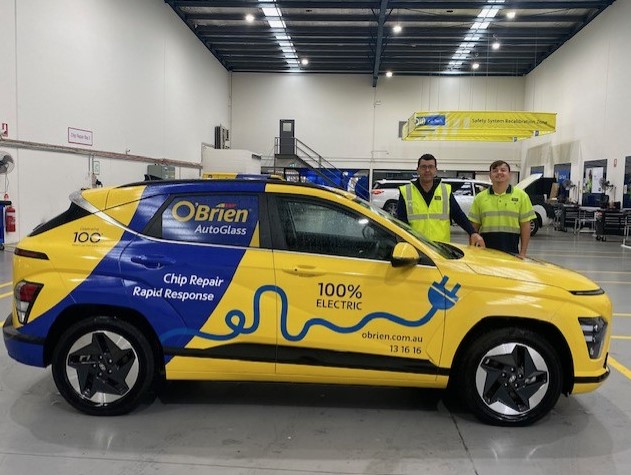 Vehicle Glass
Vehicle Glass
Introducing our new Electric Vehicle at O’Brien® AutoGlass Rosebery – supporting our Repair First policy.
At O’Brien®, we are as conscious of our environment as we are of our quality of service. And we love making improvements and advancements to what w...
View Article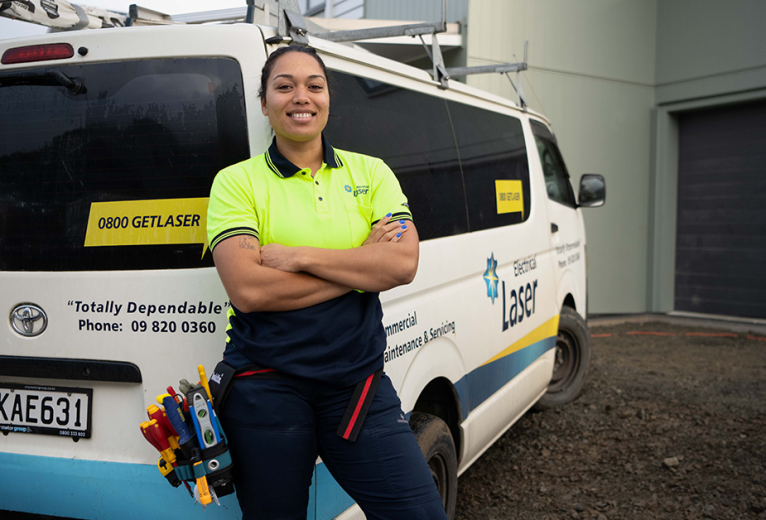 Electrical
Electrical
The Evolution of the O’Brien and Laser Network: A Trusted Service Supplier in Electrical and Plumbing
Founded in 1983 as a small electrical contracting business in Auckland, New Zealand, the O’Brien and Laser Network has since evolved into the large...
View Article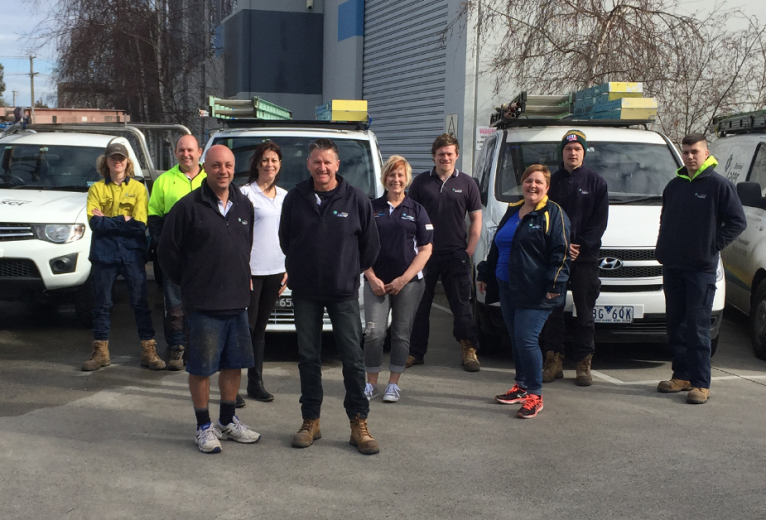 Electrical
Electrical
Member Milestone: 20 Years of O’Brien Electrical Campbellfield
O'Brien Electrical Campbellfield in Victoria is proudly celebrating their 20th year as a Member of the O'Brien and Laser Group Network. O...
View Article Uncategorised
Uncategorised
Introducing Our Five Newest Network Members 2024
We are thrilled to welcome five new Members to the O'Brien Electrical & Plumbing Network. These dynamic businesses bring a wide range of e...
View Article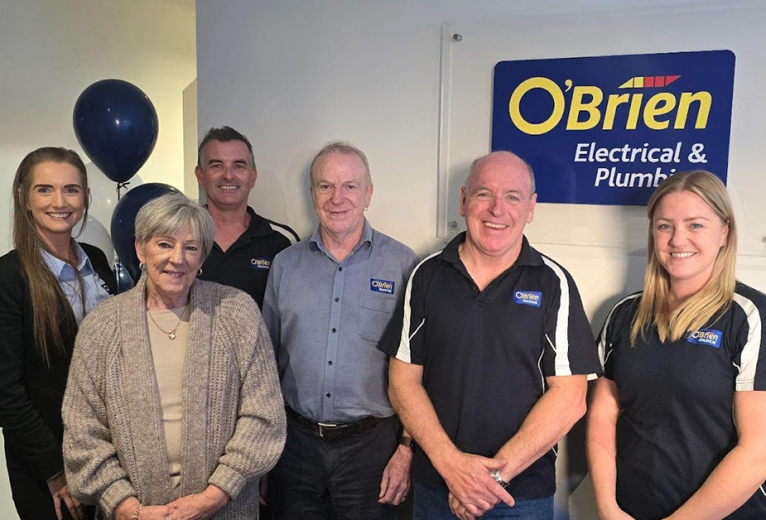 Uncategorised
Uncategorised
Celebrating 20 Years: Paul Harty’s Journey with O’Brien
In 2024, Paul Harty and his team at O'Brien Electrical Greensborough marked a significant milestone — two decades of partnership with the O’Br...
View Article
Let us help with your enquiry
We're experts in home and commercial glass solutions - from 24/7 emergency glass replacement, doors, windows, balustrades, splashbacks, shower screens, pet doors in glass and more.
Let us get back to you
Fill in our online form and we'll be in touch.

